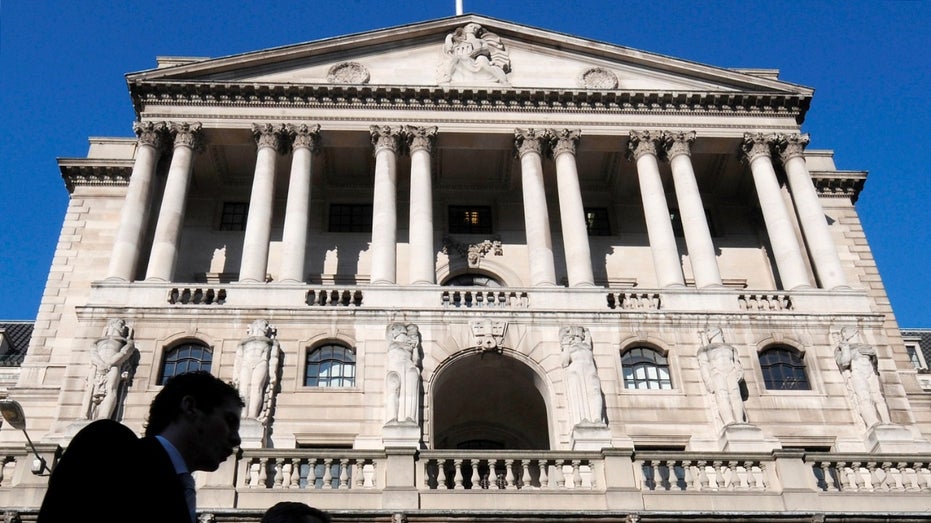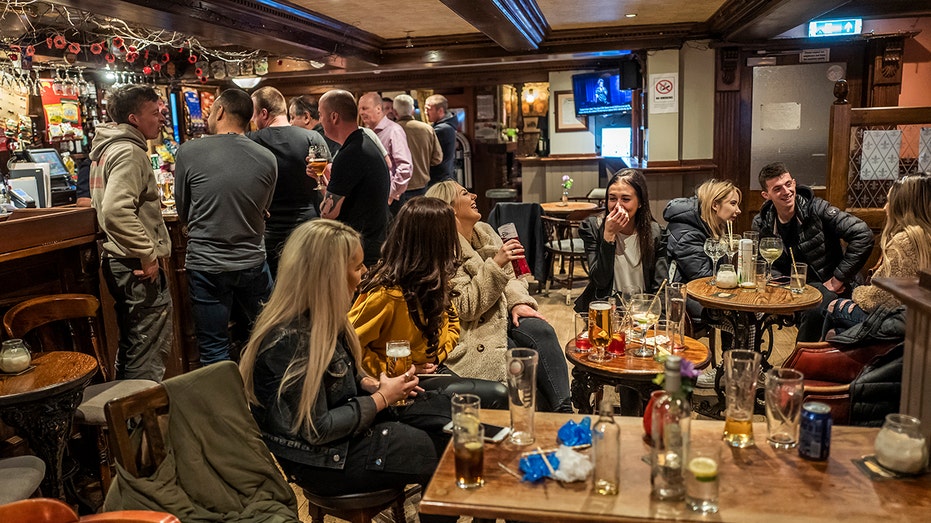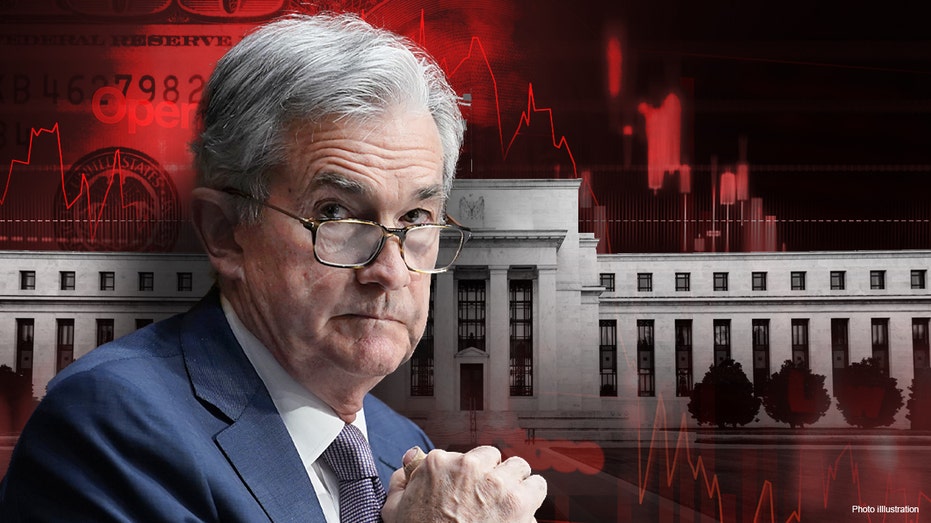

On the day that the U.S. Federal Reserve will issue a decision on interest rates, policymakers in Britain are also grappling with rising inflation and interest rate decisions.
British inflation unexpectedly rose to 10.4% in February, pushed up by higher food prices and pricier drinks in pubs and restaurants.
Economists polled by Reuters had forecast that the annual CPI rate would drop to 9.9% in February from January's 10.1%.
The BoE is due to announce on Thursday whether it has raised interest rates for an 11th meeting in a row.

The Bank of England in London (Reuters/Toby Melville / Reuters)
Investors are split on whether it will pause its run of increases in borrowing costs because of the recent upheaval in the global banking sector.
Interest rate futures showed a 100% chance that the BoE would raise rates by at least a quarter point, up from just over 50% late on Tuesday.
Overall inflation for food and non-alcoholic drinks rose to 18.0%, its highest since 1977.
Core CPI – which excludes energy, food, alcohol and tobacco and is watched closed by the BoE – rose to 6.2% from 5.8% in January, versus a forecast decline to 5.7%.

Overall inflation for food and non-alcoholic drinks rose to 18.0%, its highest since 1977. (Anthony Devlin / Getty Images)
Compare that to the U.S., where CPI fell in February to 6.0% year-over-year.
Sixty-two percent of investors expect U.S. policymakers to continue hiking rates, which would mark the ninth straight increase, while 38% expect no change, according to CMS' FedWatch.

Federal Reserve Chairman Jerome Powell (stock | Al Drago/AFP via / Getty Images)
Chairman Jerome Powell has embarked on the Fed's most aggressive rate hike path since the 1980s to combat inflation.
Reuters contributed to this report.
